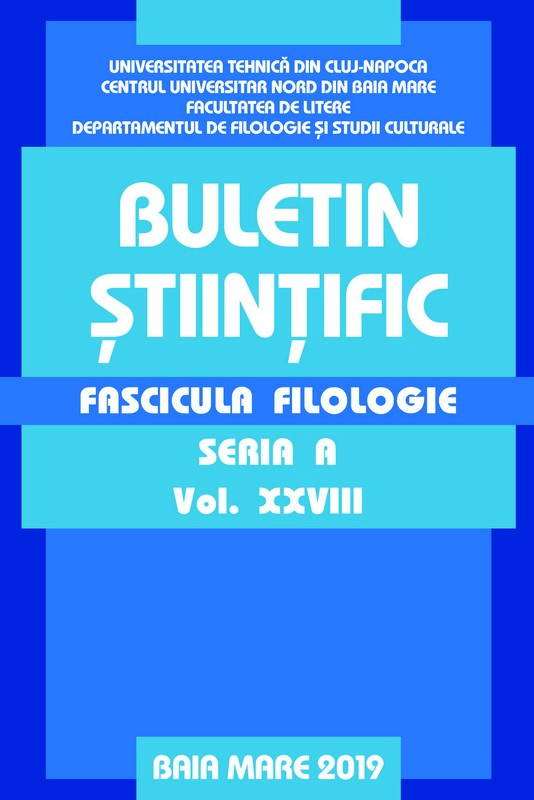Valori semantico-pragmatice ale apoziției în limba română vorbită
Semantic-Pragmatic Values of Apposition in Spoken Romanian
Author(s): Rozalia ColciarSubject(s): Morphology
Published by: Editura U. T. Press
Keywords: spoken language; apposition; appositive relationship; coreferenciality; discoursive strategy;
Summary/Abstract: The study approaches the apposition and the means of expressing the appositive relationship in spoken Romanian based on the material extracted from the published spoken language corpora (CORV, IV II and ROVA) which best illustrate the everyday discourse. The appositive relationship is a relatioships of discoursive equivalence between two coreferential linguistic sequences: basis (actual reference) and apposition (virtual reference). The apposition states another feature of the referee characterized by the first term in the commnunication, resuming and completing it. From the pragmatic point of view, the apposition is also a speech act, a discoursive strategy, marking the interrupted message in the form of a supplementary element through which the locutor doubles the first denomination. According to the classifications proposed by GALR II, we study, at clause and senttence levels, the nominal appositions (equative or attributive types), the appositive structures simple or complex (chained), resumative or multiple (analytic) and also semantic types of appositions (identifying, designating or rephrasing). We are going to identify the appositive structures marked by apposemes (adverbs having a metalinguistic function, whose role is to explain the appositive relationship), such as: adică (such as), și anume (namely), altfel spus (in other words), mai bine zis (better said), mai exact (more exactly), respectiv (i.e.).
Journal: Buletin Stiintific, seria A, Fascicula Filologie
- Issue Year: XXVIII/2019
- Issue No: 1
- Page Range: 17-27
- Page Count: 11
- Language: Romanian

